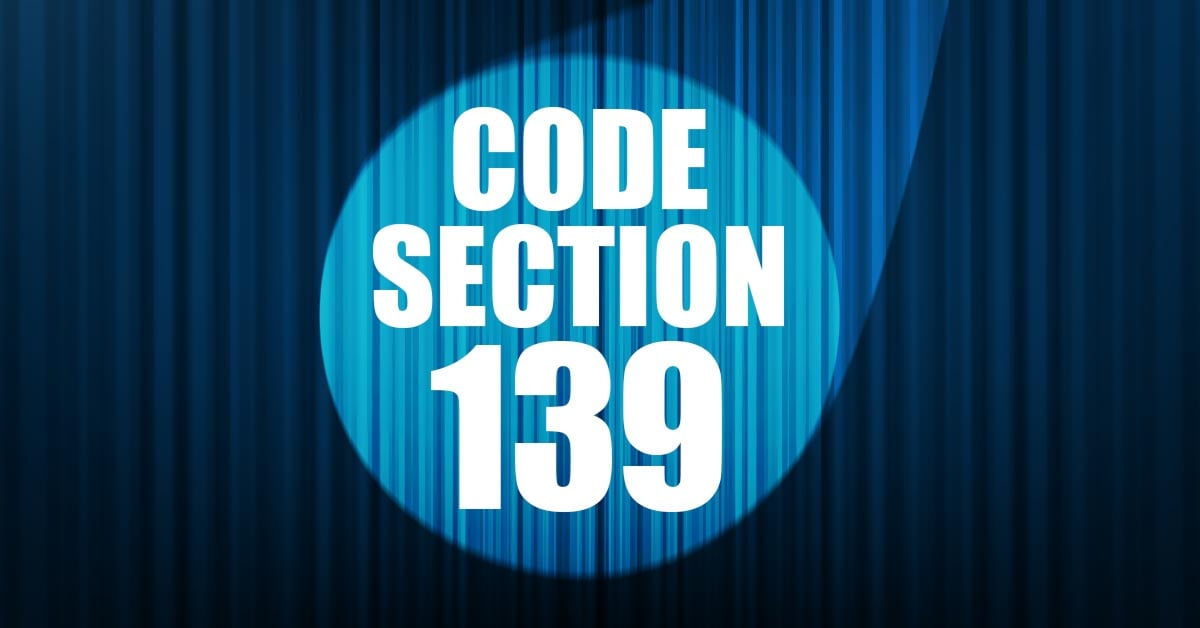Redpath Welcomes Mike Dunkle as a Transaction Advisory Services Partner
ST. PAUL, MN – February 3, 2026 – Redpath and Company is pleased to welcome Mike Dunkle as a Partner in the firm’s Transaction Advisory practice....
1 min read
 Brian Sweeney, CPA
:
April 27, 2020
Brian Sweeney, CPA
:
April 27, 2020

April 27, 2020 - While it is a little-known section of the Internal Revenue Code, Section 139 can provide employees with benefits on a tax-free basis, and employers a deduction with limited administrative burden. Note that this does not need to be reported on Forms W-2 and 1099.
Originally enacted in response to the September 11, 2001 terror attacks, Section 139 provides that “qualified disaster relief payments” be excluded from federal taxable income of the recipient if a national emergency has been declared. Qualified disaster relief payments mean any amount paid to or for the benefit of an individual to reimburse or pay reasonable and necessary personal, family, living, or funeral expenses as a result of a qualified disaster.
As we are now in the midst of another national emergency, this section of the code has once again become relevant to employers who want to assist their employees with qualified coronavirus-related expenses. Employers may consider paying or reimbursing “reasonable and necessary expenses;” some of the expenses employers may consider are:
Items excluded from reimbursement are:
While it does not appear to be required, it is advisable to establish a written plan as a best practice. Basic information should be included, such as:
Again, reimbursements to employees can be made on a tax-free basis to support their costs for unreimbursed healthcare, child care, and telecommuting. The fact that these benefits are deductible for the employer and do not create complex reporting requirements means that it may be a good thing for all parties.

ST. PAUL, MN – February 3, 2026 – Redpath and Company is pleased to welcome Mike Dunkle as a Partner in the firm’s Transaction Advisory practice....

The Redpath and Company BottomLine Newsletter ishere!

As 2025 drew to a close, the Governmental Accounting Standards Board (GASB) issued Statement No. 105, Subsequent Events. While the requirement to...